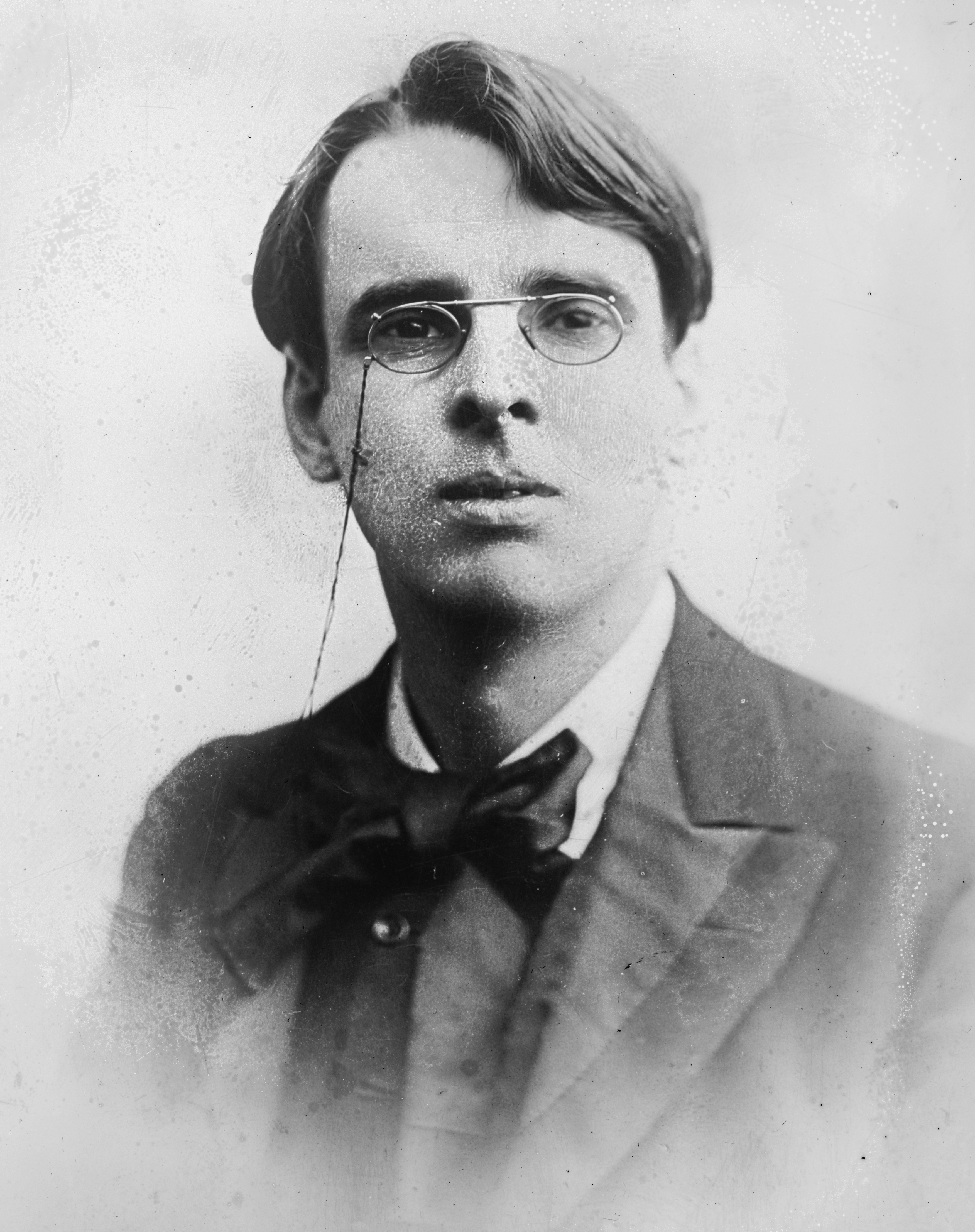Growing up as I did in Sligo, in the

Benbulben
Give the starting phrase, “I will arise and go now …” to anyone from Sligo and they will go on to recite “The Lake Isle of Innishfree,” although some, depending perhaps on the amount of alcohol they have consumed, may give you versions you have never heard before – the most common continuing, “… and go to feed the ducks…,” the rhyming couplet ending with a common, if somewhat coarse expression of indifference. Despite the genuine deep love and pride (after all, his Nobel medal can be seen in the local museum) that Sligonians have for Yeats, he was never truly one of them, being a member of the “quality,” that strange tribe of protestant Anglo-Irish Ascendancy who dominated Ireland up to the middle of the 19th Century and who have almost disappeared today, finally fading away in ostentatiously Catholic (parochial) independent Ireland. An inevitable extinction in the Ireland’s post-colonial aftermath perhaps, given all the enmity that had gone before but, in another sense, a loss of a group which gave Ireland culturally so much, from Swift, Goldsmith and Wilde to Shaw and Beckett (the last two also Nobel laureates). Yet Yeats always regarded himself as Irish and served two terms in the Senate of the new independent

Because of (perhaps even despite) my
“…But I, being poor, have only my dreams;
I have spread my dreams under your feet;
Tread softly because you tread on my dreams.”
(He wishes for the Cloths of Heaven, 1899)
“…Those that I fight I do not hate
Those that I guard I do not love;…”
(An Irish Airman Foresees his Death, 1917)
“…All changed, changed utterly:
A terrible beauty is born.”
(Easter 1916, 1921)
Sailing to
“…Consume my heart away; sick with desire
And fastened to a dying animal
It knows not what it is; and gather me
Into the artifice of eternity.”
Although one can perhaps note that ten years later, his last poem, The Circus Animals’ Desertion, (1938) expresses a more pessimistic, less hopeful view,
“…Now that my ladder's gone,
I must lie down where all the ladders start
In the foul rag and bone shop of the heart.”
Sailing to Byzantium is a poem which culturally resonates today as deeply as ever. Its opening phrase, “That is no country for old men …” was taken by Cormac McCarthy as a title for his 2005 novel, filmed by the Coen brothers in 2007.
But
“…Things fall apart; the centre cannot hold;
Mere anarchy is loosed upon the world,
The blood-dimmed tide is loosed, and everywhere
The ceremony of innocence is drowned;
The best lack all conviction, while the worst
Are full of passionate intensity.”
No wonder that this poem, with its final couplet, a packed image which could serve to inspire a Stephen King novel (and King, in fact, quotes the poem in his apocalyptic The Stand, 1978), was frequently quoted in the aftermath to 9/11.
“…And what rough beast, its hour come round at last,
Slouches towards
I'm so glad you pointed me here. This was a joy to read, Francis.
ReplyDeleteThere is a lot of emotion around Yeats for me. Not only do I love his poetry (the political stuff loses me, though) but I once had a lover who was a Yeats fanatic. When I left him, he gave me a book - The Collected Poems of W.B. Yeats - as a parting gift. Very melodramatic, don't you think? ;-)
I love how you were right there in those places - The Hazel Wood. I can't recall if that's the title of the poem but I have long loved it. And this one: When You Are Old
As for serendipity, there seems to be a lot of that in my life at the moment. Being ever the skeptic, I try to resist it but who knows if when I turn the next bend, I have to confront and understand it somehow.
Thank you for this.
Gina